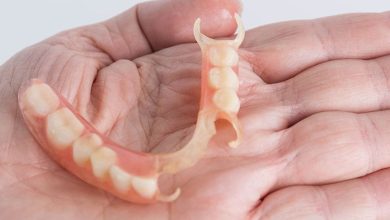
Table of Contents
Symptoms of electric shock
The symptoms of an electric shock depend on how severe it is.
Potential symptoms of an electric shock include:
- loss of consciousness
- muscle spasms
- numbness or tingling
- breathing problems
- headache
- problems with vision or hearing
- burns
- seizures
- irregular heartbeat
- compartment syndrome
What to do when someone has an electric shock
If someone else receives a shock, keep several things in mind to both help them and keep yourself safe:
- Don’t touch someone who has been shocked if they’re still in contact with the source of electricity.
- Don’t move someone who has been shocked, unless they’re in danger of further shock.
- Turn off the flow of electricity if possible. If you can’t, move the source of electricity away from the person using a non-conducting object. Wood and rubber are both good options. Just make sure you don’t use anything that’s wet or metal based.
- Stay at least 20 feet away if they’ve been shocked by high-voltage power lines that are still on.
- Call 911 or local emergency services if the person was struck by lightning or if they came into contact with high-voltage electricity, such as power lines.
- Call 911 or local emergency services if the person has trouble breathing, loses consciousness, has seizures, has muscle pain or numbness, or is feeling symptoms of a heart issue, including a fast heartbeat.
- Check the person’s breathing and pulse. If necessary, start CPR until emergency help arrives.
- If the person is showing signs of shock, such as vomiting or becoming faint or very pale, elevate their legs and feet slightly, unless this causes too much pain.
- Cover burns with sterile gauze if you can. Don’t use Band-Aids or anything else that might stick to the burn.
- Keep the person warm.
Treatment for electric shocks
Depending on the injuries, potential electric shock treatments include:
- burn treatment, including the application of antibiotic ointment and sterile dressings
- pain medication
- intravenous fluids
- a tetanus shot, depending on the source of the shock and how it occurred
For severe shocks, a doctor may recommend staying in the hospital for a day or two so they can monitor you for any heart issues or severe injuries.
LEAVE COMMENT
For any important information please contact us Email GadgetsNg info@gadgetsng.com
[Button id="1"]





This website was… how do I say it? Relevant!! Finally I
have found something which helped me. Thank you!
My web page – vpn special code
Nice blog! Is your theme custom made or did you download it from somewhere?
A design like yours with a few simple adjustements would really make
my blog shine. Please let me know where you got your design. Many thanks
Also visit my homepage vpn special code